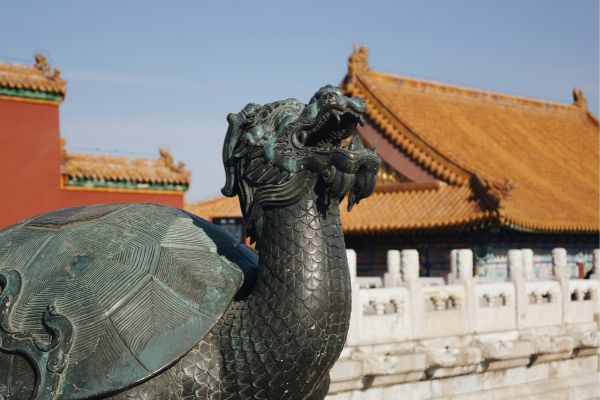
Ready to enforce a foreign judgment in China? Let us start with the Prep Checklist.
This post was first published in CJO GLOBAL, which is committed to providing consulting services in China-related cross-border trade risk management and debt collection. We will explain how debt collection works in China below.
1. You need to file the original or a certified true copy.
It means that you cannot simply file a duplicate of the judgment. In fact, as we have noticed, in some cases like Tan Junping et al v. Liu Zuosheng et al (2020), the Chinese court dismisses the application on the grounds that the applicant only submits a duplicate of the judgment.
You need to provide an original of the foreign judgment or a certified true copy thereof. Therefore, you'd better ask the court to render the judgment in advance for a sufficient number of originals or copies.
2. You need to provide documents certifying the judgment has come into effect
You will need to prove to the Chinese court that the judgment is conclusive and final. Please refer to our interpretation of Article 43 of the Summary [Situations where authenticity and finality of judgment cannot be confirmed].
3. Where the judgment is made in absentia, you will need to prove that the foreign court has legitimately summoned the absentee.
You will need to prove that the party who didn't appear in the court had been subpoenaed by the foreign court and that a writ of summon had been served properly on the said party.
If the absentee is domiciled in the country where the judgment is rendered, you will need to prove that the court rendering the judgment has served the court papers according to the law of the country where the court is located.
If the absentee is domiciled in China, you will need to prove that the court rendering the judgment has served the court papers pursuant to the treaty concluded between China and the said country, such as the Hague Service Convention or a judicial assistance treaty between China and the said country.
If serving the court papers to China, please do not send it by post. In accordance with the reservation China made upon accession to the Hague Service Convention, as well as the provisions in most of the mutual legal assistance agreements to which China is a party, China does not accept service by post.
4. The best way: is to write it clearly in the judgment
It is best if the judgment states whether it has become effective, and whether the party who didn't appear in the court had been lawfully summoned.
Because it is sufficient for the court, as the competent authority, to prove the above two factors, which you don't have to prove again.
5. The Chinese translation
Under Chinese laws, if any document in litigation is written in a foreign language, it must be translated into Chinese.
We recommend that you look for an agency in China that specializes in the translation of legal documents. We have found in many cases that Chinese judges often have difficulties in understanding the Chinese translations issued by the translation agencies engaged by parties outside of China.
6. Notarization and Authentication
It is not easy for courts to determine the authenticity of documents formulated overseas. China is not an exception. Chinese courts, therefore, rely on notarization and authentication to assist in their determination.
Consequently, the above documents are better to be notarized in the country where the judgment is rendered and authenticated by the relevant Chinese Embassy or consulate in that country.
* * *
Do you need support in cross-border trade and debt collection?
CJO Global's team can provide you with China-related cross-border trade risk management and debt collection services, including:
(1) Trade Dispute Resolution
(2) Debt Collection
(3) Judgments and Awards Collection
(4) Anti-Counterfeiting & IP Protection
(5) Company Verification and Due Diligence
(6) Trade Contract Drafting and Review
If you need our services, or if you wish to share your story, you can contact our Client Manager Susan Li (susan.li@yuanddu.com).
If you want to know more about CJO Global, please click here.
If you want to know more about CJO Global services, please click here.
If you wish to read more CJO Global posts, please click here.
Contributors: Meng Yu 余萌









